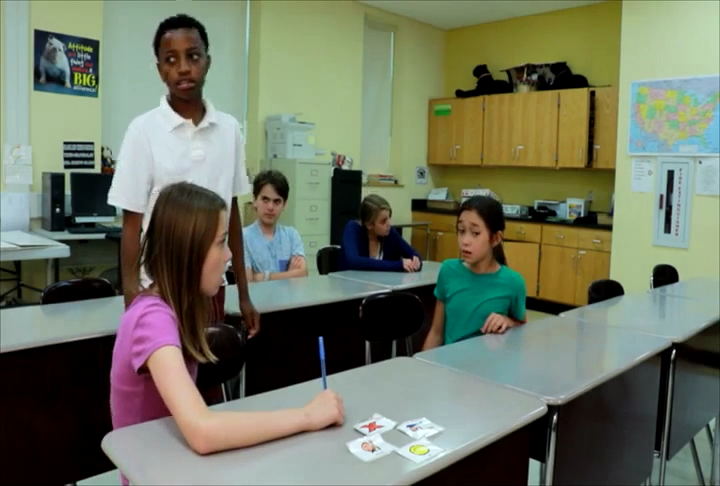
Introduction
When students face challenges or problems, it’s common for them to react with anger or frustration. In many cases, these outward displays of emotion can be a reflection of their inner fears and uncertainties. By incorporating principles of Social-Emotional Learning, educators can teach students to press pause, calm down, and make better decisions in tough situations. This not only helps them avoid saying or doing hurtful things, but also allows them to pay better attention to others and consider everyone’s feelings.
No-Prep Activity
This activity requires no preparation or materials from the educator. Start by presenting a scenario to your students where someone is faced with a challenging situation or problem. Ask your students to imagine themselves in that person’s shoes and think about how they might react. Then, guide them through the following steps:
- Press pause: Encourage students to imagine themselves pressing a “pause” button on their emotions. This helps them stop from reacting impulsively.
- Calm down: Ask students to take a few deep breaths and focus on calming their emotions.
- Consider others: Remind students to think about the feelings and needs of others involved in the situation.
- Make a good decision: Once students have calmed down and considered the perspectives of others, encourage them to think about the best course of action and make a good decision.
After completing the activity, discuss the benefits of pressing pause and staying calm in difficult situations.
Discussion Questions
- Why is it important to press pause and calm down when faced with a challenging situation?
- How does staying calm help us make better decisions?
- What are some strategies you can use to press pause and calm down when faced with a problem?
- How can considering the feelings and needs of others improve the outcome of a difficult situation?
- Can you think of a time when pressing pause and staying calm helped you make a better decision? Share your experience.
Related Skills
Teaching students to stay calm and press pause in tough situations is just one aspect of Social-Emotional Learning. Other related skills that can be beneficial for students include:
- Emotion regulation: Learning to identify, understand, and manage emotions effectively.
- Empathy: Developing the ability to understand and share the feelings of others.
- Problem-solving: Acquiring the skills to identify problems, generate solutions, and make informed decisions.
- Communication: Building strong verbal and non-verbal communication skills to express thoughts, feelings, and needs effectively.
- Conflict resolution: Learning to resolve disagreements or conflicts in a constructive and respectful manner.
Next Steps
By incorporating these principles of Social-Emotional Learning into your teaching, you can help students develop the skills they need to stay calm, press pause, and make good decisions in tough situations. If you’re interested in exploring more activities and resources to support your students’ social-emotional development, consider signing up for free samples of the discussed skill and others at Everyday Speech.

